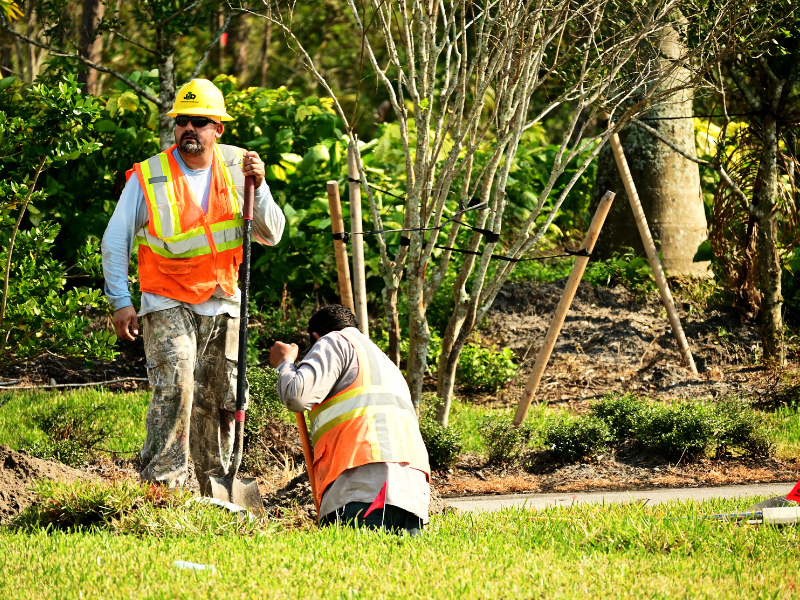No matter what type of career you have and how careful you are on the job, accidents at work can happen every day. Workers’ compensation laws can help protect employees by ensuring they receive the compensation and support they need in the event that they’re at work.
Each state has its own rules and regulations regarding workers’ compensation. In Florida, the process of receiving compensation due to a work-related injury can be daunting. Whether you’re an employer or an employee, before an accident occurs, it’s a good idea to have a complete understanding of workers’ compensation laws in Florida and how they can impact you.
What is Workers’ Compensation?
Workers’ compensation is a type of insurance that aims to support any employee who gets injured at work or becomes ill specifically due to their work. Employers pay for this coverage in its entirety, so there’s no cost to the employee. Workers’ compensation typically covers medical expenses, rehabilitation costs, lost wages, disability benefits, and when necessary, death benefits for dependents.
What are common causes of injuries reported in workers’ comp claims?
Depending on the type of job you have, common workplace injuries can look very different from person to person. The Division of Workers’ Compensation offers an extensive breakdown of work-related injuries that took place in Florida, which county in the state they happened, as well as the cause and nature of the accident.
So far in 2023, strains and sprains are the most common workplace injuries, with 8,888 incidents happening in Florida alone. There have been 8,624 slip-and-fall accidents since the beginning of the year. Struck- or injured-by has been the cause of 4,206 work-related accidents so far this year. All other causes of injury—from burns and cold exposure to motor vehicle and heavy machinery accidents, and everything in between—add up to 8,254 cases since the beginning of 2023.
With nearly 30,000 cases in Florida this year alone and over $400 million in benefits, it’s clear how crucial worker’s compensation is for the protection of your employees as well as your company.
Who’s eligible for workers’ compensation in Florida?
To be eligible for workers’ compensation in Florida, you must first be an employee of the company, as independent contractors unfortunately aren’t eligible for workers’ comp. Anyone employed as a full-time, part-time, or seasonal worker will most likely be covered, provided the company offers workers’ compensation.
While most work-related injuries in Florida will be covered by workers’ comp, not all are. It’s imperative that you offer as much evidence as possible to prove you were either injured on the job or became ill as a direct result of your job. If intoxication or misconduct of any kind was a factor in your injury, you likely won’t be eligible for benefits.
If you were injured on the job, it’s important to file a Florida workers’ compensation claim as soon as possible to help ensure you receive the compensation and support you deserve. Seek medical care as soon as you can, and be thorough with your documentation along the way.




